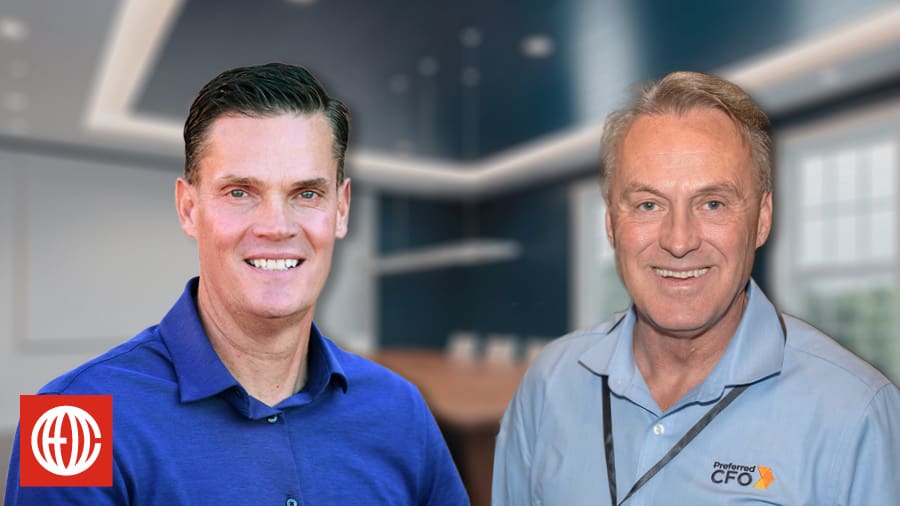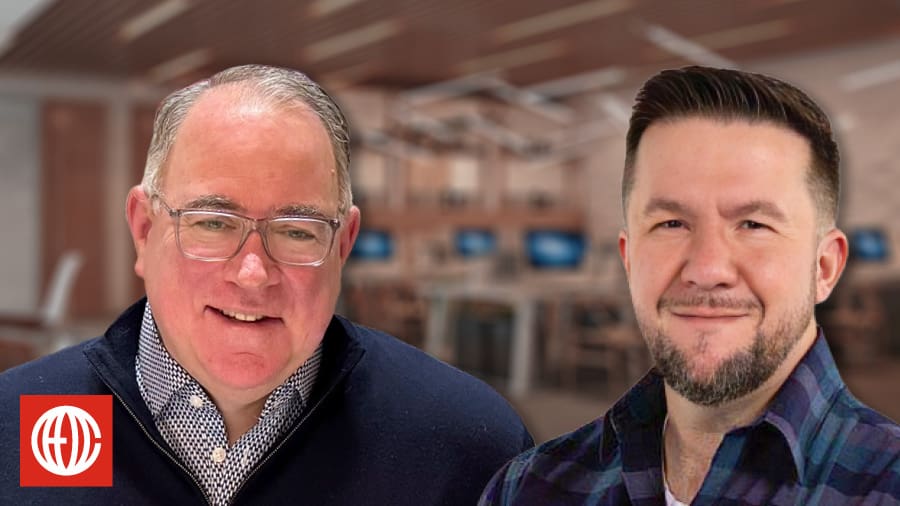
More than 100 million lawsuits occur every single year, and that number is only growing.
There’s a 1 in 4 chance you or your business will be sued in the next 12 months. And the average business sees five lawsuits over the lifetime of the company.
In times of economic uncertainty, this number goes up. During the last recession, 30% of businesses that do over $1 million in business faced a lawsuit. That is why it is critical for business owners to take appropriate action to protect the value of their personal and professional assets.
We sat down with Hillel L. Presser, Esq., Managing Partner of The Presser Law Firm, P.A. and a CEO Coaching International client and Strategic Partner, who offered a wealth of advice not only to minimize risk to your business, but also as individuals — especially in this economic climate.
“Key areas of growth for lawsuits during a recession include employee retention, compliance, creditor claims, failure to perform, contract claims, and so much more,” says Presser. “That’s why asset protection is so important.”
Here are his top tips to protect yourself and your business during an economic downturn:
1. Take inventory of your assets
“The most important thing is to take inventory of your assets. People have so much more than they think they do,” says Presser. “I had a client who had a long-term lease that they thought was a liability, but really, it was an asset.”
To be able to protect your assets, you first have to know what you have. Take a look at your assets. Not just cash and stocks, but all of your assets:
- Real estate, including leases and other temporary agreements
- Intellectual property like patents and trademarks
- Inheritances
- Phone numbers and web domains
- Office supplies, vehicles, and furniture
- Inventory
- Accounts receivable
Then, you can build an asset protection plan. “If you have a good asset protection plan, you can keep yourself safe from financial threats and help achieve your financial objectives,” says Presser. “Asset protection means you need to think about how to take your chips off the table. How do you become uncollectible? How do you become judgment-proof?”
Presser recommends the philosophy of controlling everything and owning nothing. This applies just as much to your personal assets as it does to your business. That way, you don’t have to start over with everything you’ve worked so hard for.
2. Assess your risks
You want to weigh your assets against your business risks, even your personal risk tolerance, in advance of a recession.
“With market volatility in a recession, you want to evaluate how it affects you and your business,” says Presser. “You really want to be prepared. You really want to be proactive.”
For example, maybe you have taken a line of credit against your stocks and bonds. Well, you’re only allowed to have a certain amount of leverage percentage. So, if the value of the account goes down, you may get a margin call and you may now owe money to put in your brokerage account based on a loan you took against your stocks and bonds. If you don’t have the money to do this, they can now sell your investments.
The key is to think about which of your assets are exposed, because if they’re exposed, you can lose them. “Exposed wealth is anything in your name,” says Presser. “I don’t want to own anything because once it’s in my name, that’s all of the work I’ve done down the drain.”
There are a few things you can do when assessing your risks:
- Transfer your assets to a protected entity.
- Protect with liens to make exposed wealth valueless.
- Convert into exempt assets depending on your state law.
A note to keep in mind: Asset protection doesn’t mean hiding your assets. You should always be able to tell anyone what you have and where it is. The key is that they aren’t able to get it if they do sue your business.
3. Plan early to protect yourself
Presser issued a challenge to anyone looking to protect themselves during a recession: “For every 60 minutes you spend making money, stop and spend 60 seconds thinking about how to protect it,” he says.
He recommends starting with a basic asset protection plan and adding firewalls as needed, and looking at your assets on a case-by-case basis. You want a tailored, customized plan for every asset designed to minimize your business risk.
“You don’t buy the car insurance after the accident. You don’t buy health insurance after you get sick. You don’t buy life insurance after death,” he says. “The further in advance you can do asset protection planning, the better it will be and the better it’ll stand up.”
For more recession resources for CEOs, and to explore our 20-point Recession Checklist with an Expert Coach, visit: https://ceocoachinginternational.com/recession-resources/


About CEO Coaching International
CEO Coaching International works with CEOs and their leadership teams to achieve extraordinary results quarter after quarter, year after year. Known globally for its success in coaching growth-focused entrepreneurs to meaningful exits, the firm has coached more than 1,500+ CEOs and entrepreneurs across 100+ industries and 60 countries. Its coaches—former CEOs, presidents, and executives—have led businesses ranging from startups to over $10 billion, driving double-digit sales and profit growth, many culminating in eight, nine, or ten-figure exits.
Companies that have worked with CEO Coaching International for two years or more have achieved an average revenue CAGR of 25.9%, nearly 3X the U.S. average, and an average EBITDA CAGR of 39.2%, more than 4X the national benchmark.
Discover how coaching can transform your leadership journey at ceocoachinginternational.com.
Learn more about executive coaching | Meet our world-class coaches





